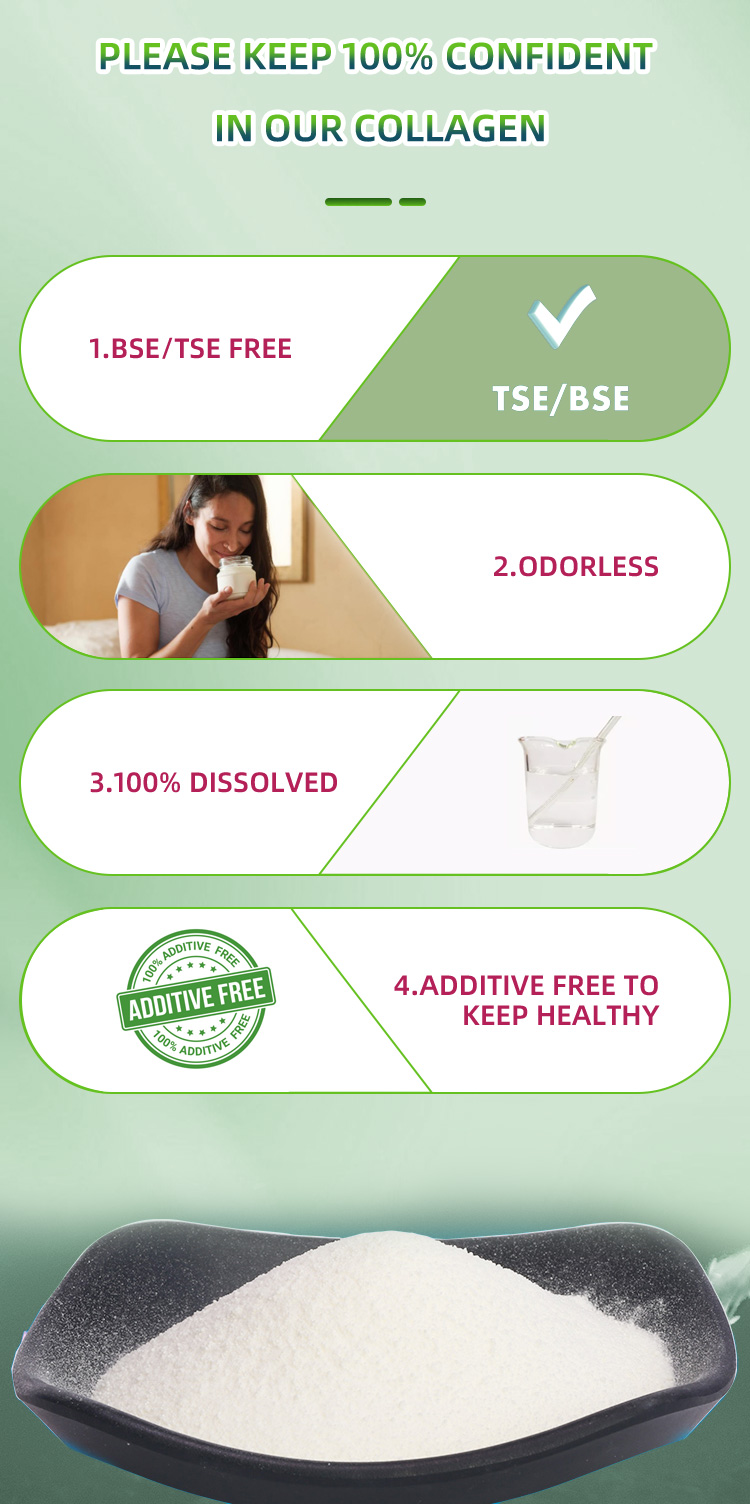BasicFeatureExternaldimension(mm)5800L*2460W*2510HInternaldimension(mm)5640L*2320W*2380HFoldingState(mm)5800L*2460W*320HWeight(kgs)950kgsWallPanelFrontandRearWallPanels&SideWall50mmCom
Product Description


Supplement
The nutritional qualities contained in pea proteins can be used to supplement people with certain deficiencies, or people seeking to enrich their diet with nutrients. Peas are an excellent source of proteins, carbohydrates, dietary fibre, minerals, vitamins, and phytochemicals. For example, pea protein can balance iron intake as it is high in iron.
Dietary substitute.
Pea protein can be used as a protein substitute for those who cannot consume other sources as it is not derived from any of the most common allergenic foods (wheat, peanuts, eggs, soy, fish, shellfish, tree nuts, and milk). It may be used in baked goods or other cooking applications to replace common allergens. It is also processed industrially to form food products and alternative proteins such as alternative meat products, and non-dairy products. Manufacturers of alternatives include Ripple Foods, who produce a dairy alternative pea milk. Pea protein is also meat-alternatives.
Functional ingredient
Pea protein is also used as a low-cost functional ingredient in food manufacturing to improve the nutritional value and texture of food products. They can also optimize the viscosity, emulsification, gelation, stability, or fat-binding properties of food. For example, The capacity of pea protein to form stable foams is an important property in cakes, souffles, whipped toppings, fudges, etc.